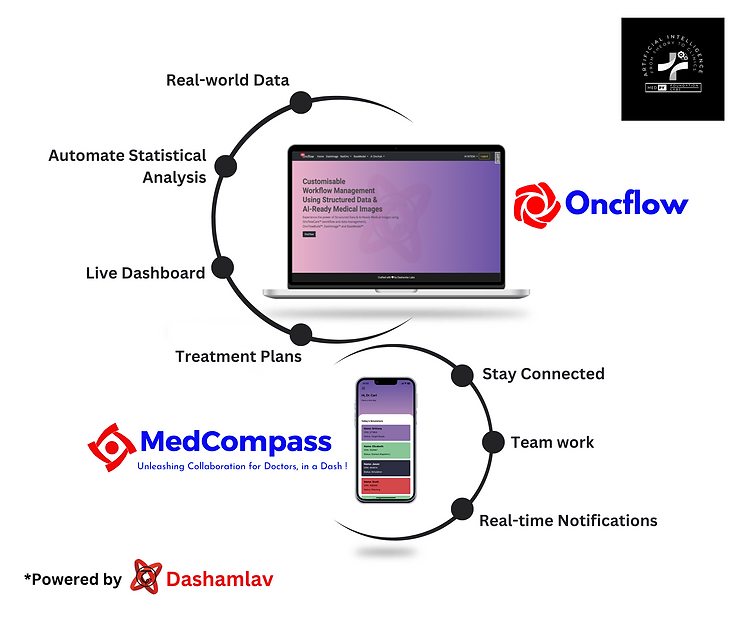Digital Lethargy to AI-Enabled Healthcare: Why Doctor's Data Entry is the Unsung Hero of the Future?

In the hustle and bustle of India’s healthcare landscape, doctors often find solace in the familiarity of handwritten notes and paper files. This decades-old tradition considered quick and practical, contrasts sharply with the seemingly cumbersome process of digital data entry. “What’s the point?” they ask, “I’m not into research or paper writing.” But what if we told you that digitising patient records is not just a bureaucratic formality but the stepping stone to a future of AI-enabled healthcare? Let’s delve into this.
Immediate Fruits vs. Long-Term Benefits
The immediacy of handwritten records is undeniably appealing. A pen and paper are accessible, quick, and don’t require a power outlet. However, this convenience comes at the cost of long-term benefits that aren’t immediately visible. While the scribbles on a notepad may serve the doctor well for the day, they do little to contribute to the collective intelligence of a healthcare system that could otherwise benefit from this data exponentially.
To realise the full potential of AI making inroads into healthcare, read this article, “AI From Theory to Clinics“.
Breaking the Myth: Not Just for Research
One of the most significant misconceptions is that digital records are primarily beneficial for research or academic purposes. While they undoubtedly play a vital role in those areas, the advantages of digital data entry in everyday clinical practice are manifold:
A Cohesive Digital Solution: OncFlow

In India, many solutions offer digital record-keeping, but the issue is that they cannot often capture structured data during routine clinical workflows. This is where OncFlow, provided by MedPy Foundation Labs and powered by Dashmalav AI Labs, fills the gap. Specialising in radiation oncology, OncFlow captures digital data seamlessly and offers valuable insights. The system is designed to help the entire medical team work cohesively, enhancing synchronisation and patient care.
Paving the Way for AI-Enabled Healthcare

Be AI-Ready to Become AI-Enabled
What does it mean to be AI-ready? It means having a digitised system seamlessly integrating with future AI technologies. Doctors who are proactive in maintaining digital records are laying down the framework for AI algorithms to train, learn, and eventually assist in making more accurate diagnoses and treatment plans.
Conclusion

While the immediate benefits of keeping handwritten records may seem sufficient, looking beyond the horizon is essential. The transition from digital lethargy to AI-enabled healthcare starts with a single step: the willingness to digitise patient records. Solutions like OncFlow are leading the way in this critical transition. This simple yet impactful change is the unsung hero that will usher us into a new era of medicine, where healthcare is more efficient, personalised, and, ultimately, more effective.
So the next time you reach for that notepad, remember: the pen may be mightier today, but the keyboard — and platforms like OncFlow — will be the cornerstone of tomorrow’s healthcare.

